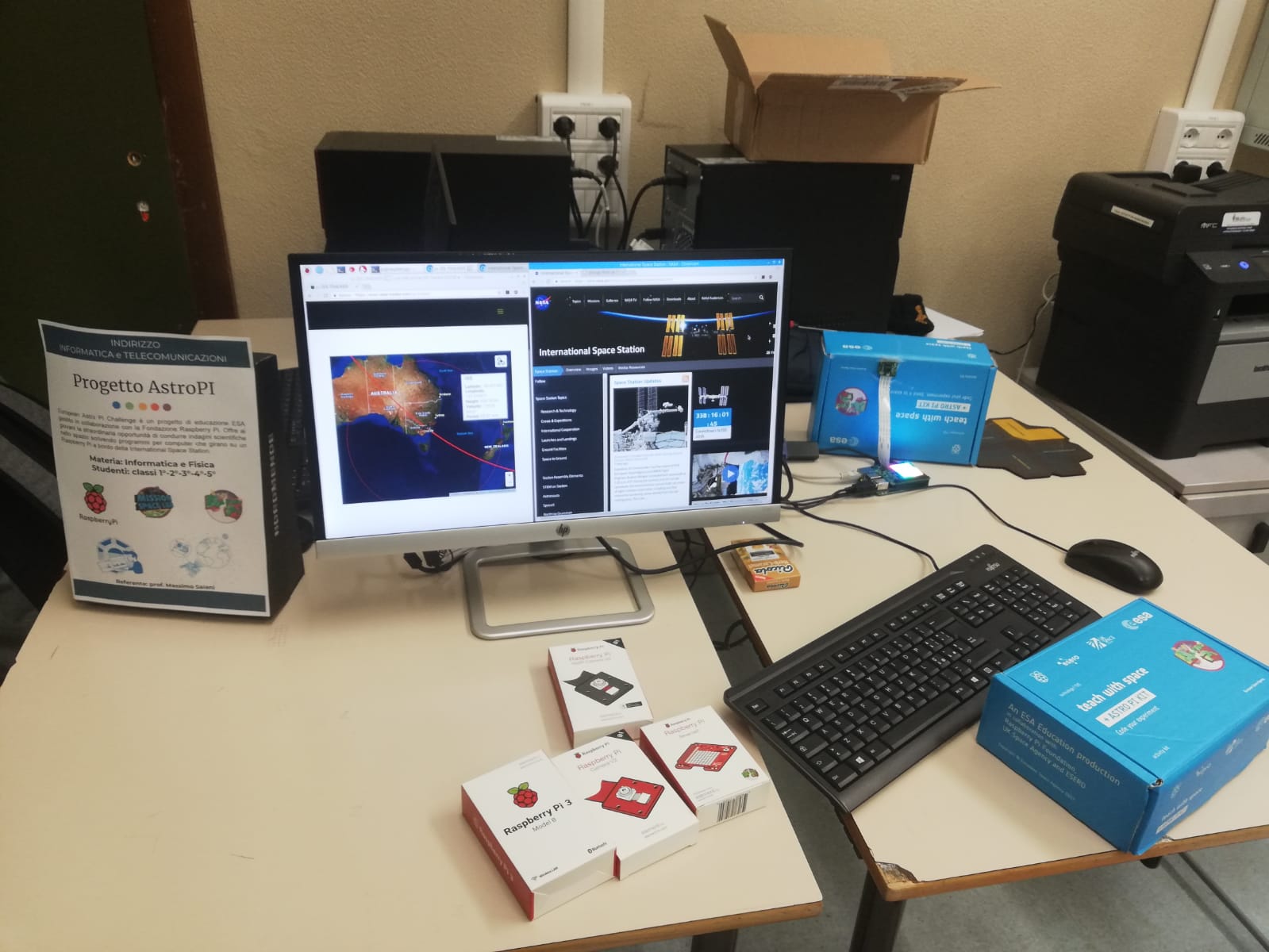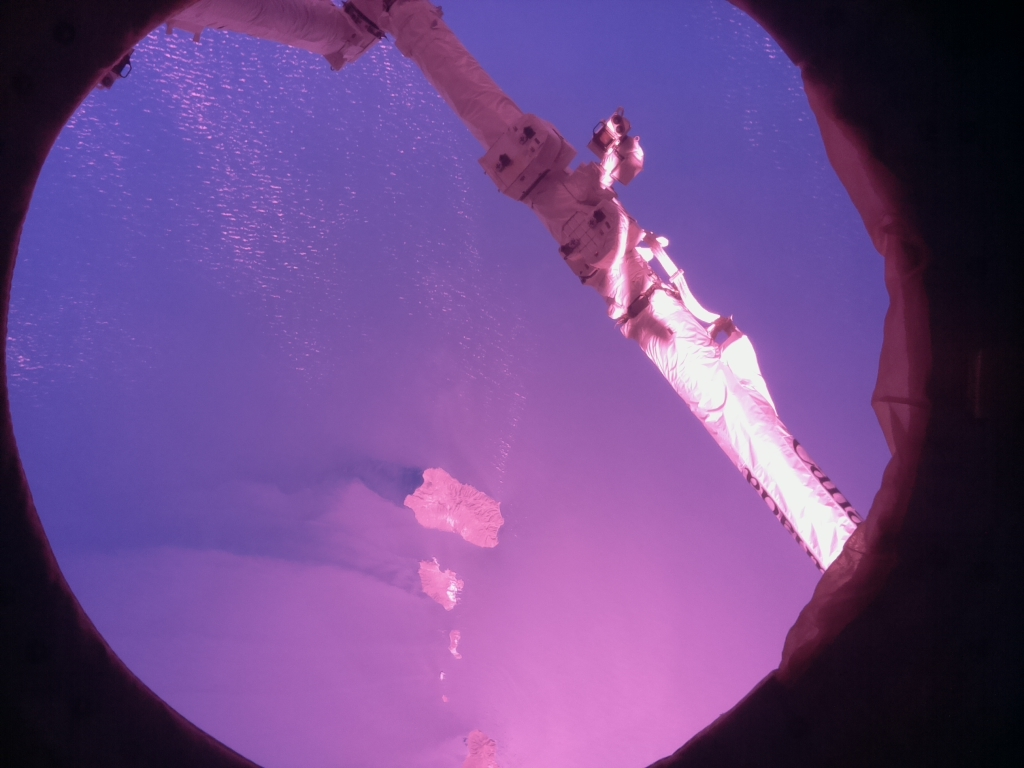An opportunity to conduct scientific investigations in space aboard the ISS 400 km above
Continua online la partecipazione degli studenti del Buonarroti al Progetto Europeo organizzato dall’Agenzia Spaziale Europea in collaborazione Raspberry PI Foundation. https://astro-pi.org/
Ben cinque team del Buonarroti (Space Trackers, North Pole, Earth Observer, Green Breath e Van Allen) hanno acquisito il Flight Status dopo aver superato le varie selezioni e i loro progetti sono ora in pieno svolgimento a bordo della Stazione Spaziale Internazionale ISS a 400 km sopra le nostre teste e presto torneranno a terra con il loro carico di preziosi dati.
L’European Astro Pi Challenge offre ai ragazzi l’imperdibile opportunità di condurre sperimentazioni scientifiche nello spazio attraverso la scrittura di programmi che girano su Raspberry Pi a bordo della International Space Station: è una sfida annuale di scienza e progettazione aperta a tutti gli studenti dei 24 stati membri di ESA. I progetti selezionati vengono testati a bordo della Stazione Spaziale Internazionale (ISS) sotto la supervisione di un astronauta dell’agenzia spaziale europea
Buona fortuna a tutti e a presto per ulteriori aggiornamenti.

Phase 4 of Mission Space Lab is about to begin!
The deadline for submitting reports is extended to 3rd July 2020. Over the past month, teams from 22 countries have had their experiments run on Ed and Izzy, the two Astro Pi computers on-board the International Space Station.
The level of the experiments has been outstanding, so please pass on our congratulations for making it this far into the challenge!
A jury of experts appointed by ESA and the Raspberry Pi Foundation will judge all of the reports, then select the 10 best reports and those teams will become the winners of the European Astro Pi Challenge 2019/20. Each of the 10 winning teams will receive a special prize.
We would like to share with you some struggles that the Astro Pi team went through when the first batch of Mission Space Lab programs was deployed.
We encountered a problem when we downloaded the first batch of data from the ISS. We realised that Astro Pi Izzy had an incorrect setting, which resulted in some pictures turning pink! Furthermore, NASA had left the CANADARM in the middle of the window view.
Needless to say, this would have had a negative impact on many experiments, so we put in a special request to NASA to remove the CANADARM arm and we reset Izzy. Due to the COVID-19 situation, the operators were all at home and able to do it! This meant that the process took longer than normal, but we are pleased to say all experiments have now been rerun.
Congratulations to all the teams that have taken part in Astro Pi Mission Space Lab this year.

The CANADARM on the ISS blocking Astro Pi Izzy's view of Earth

